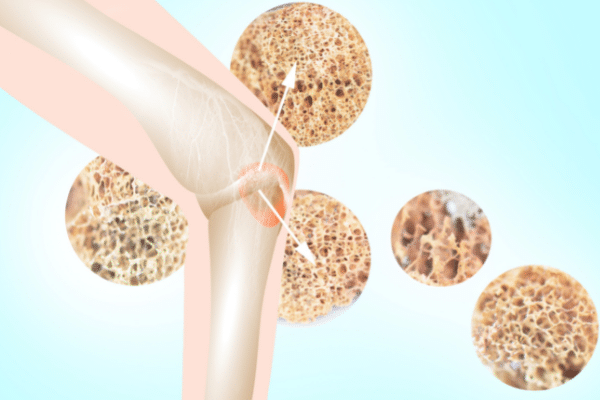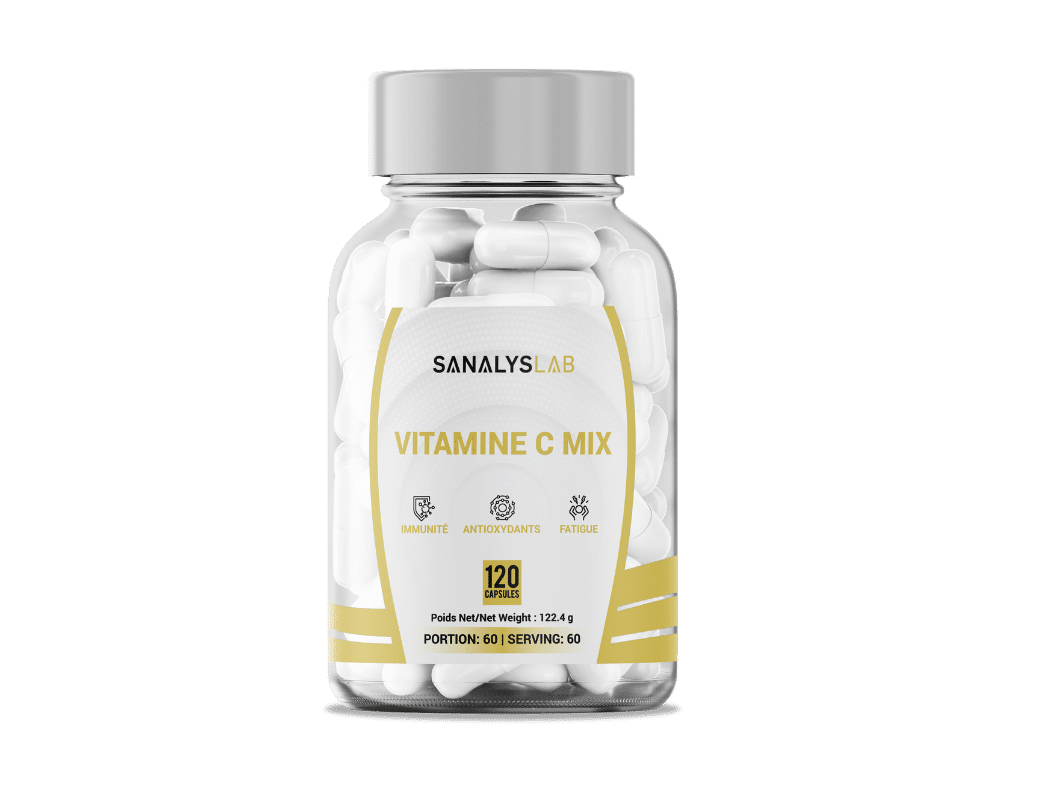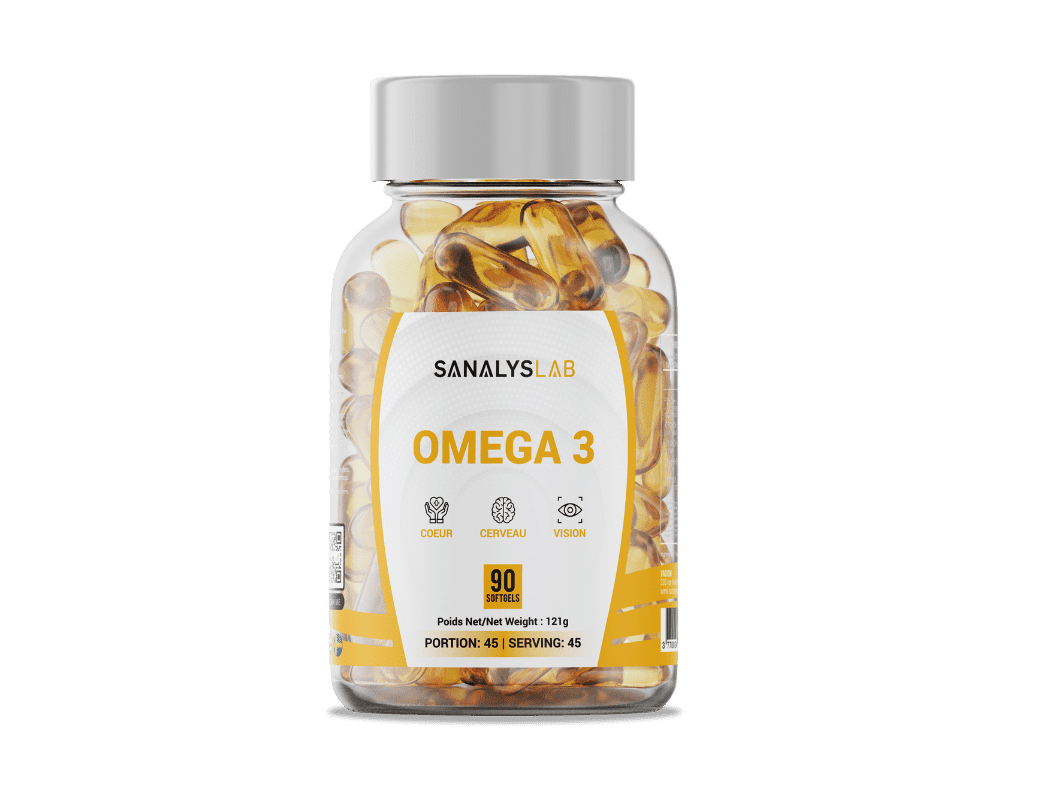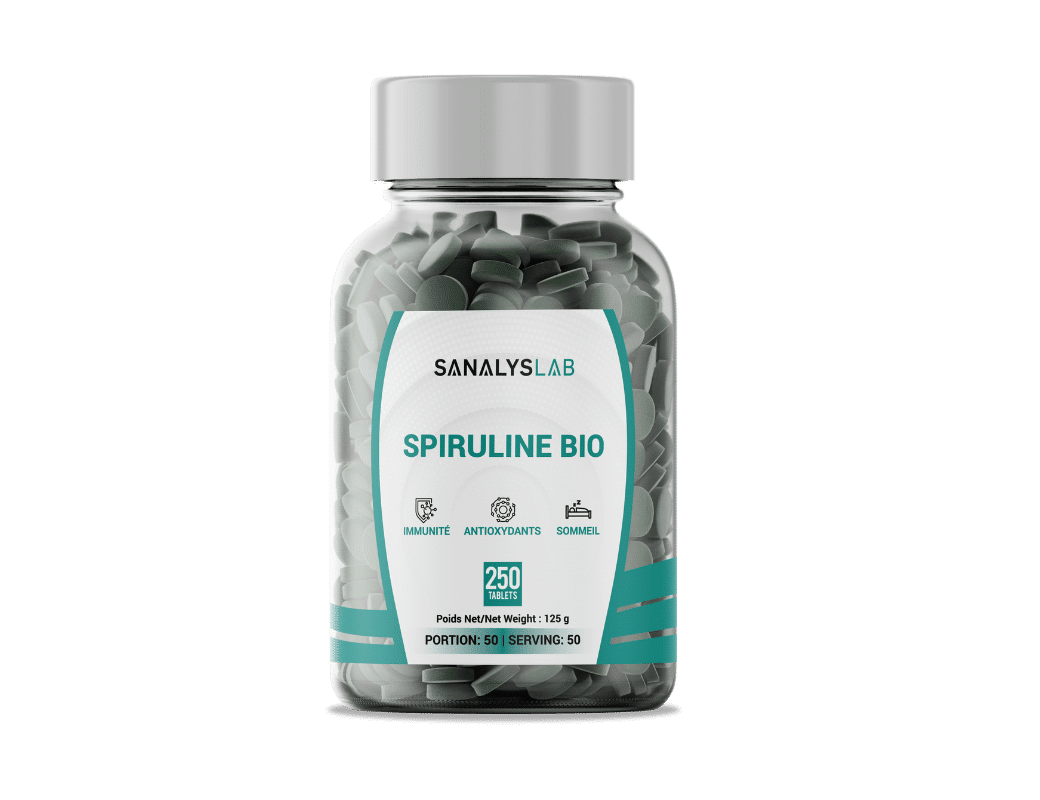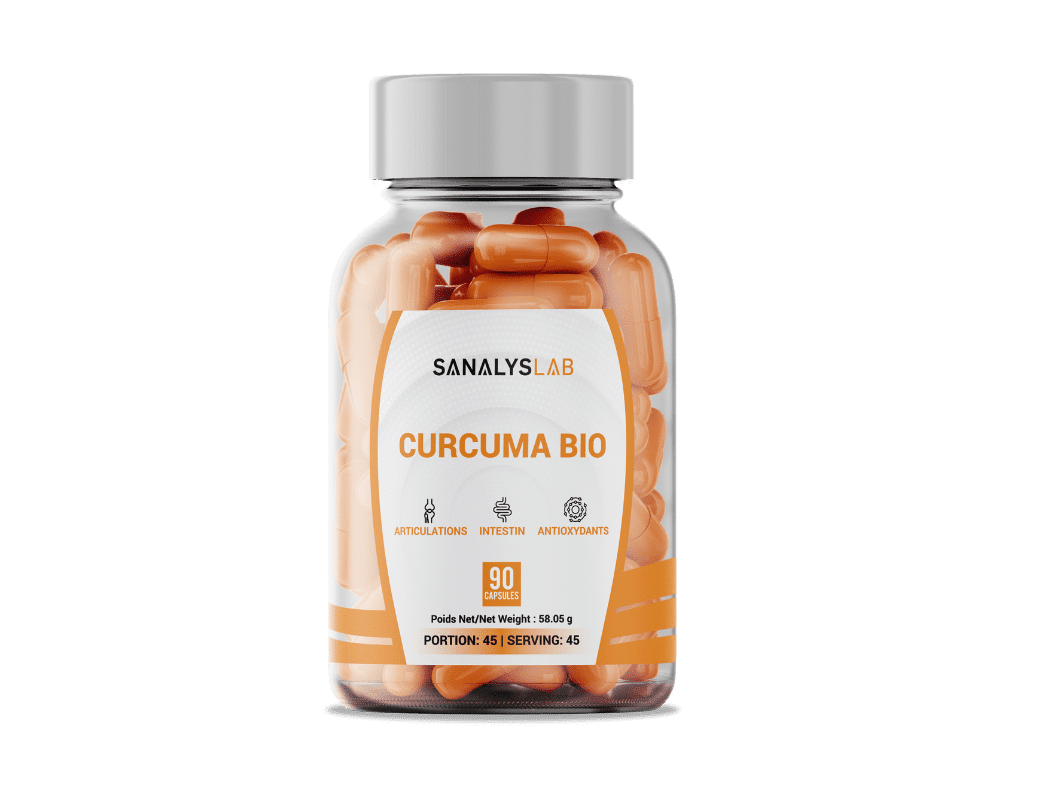Our health experts have explored the magnesium market to discover the best options. Which magnesium supplement deserves your trust? Find out why magnesium is essential, which forms are most effective and how to choose the right product for your needs.
Why is Magnesium Crucial to Your Health?
The human body cannot produce magnesium, but it depends on this essential mineral for over 600 biochemical reactions. Despite its importance, many people don’t consume enough, which can lead to a variety of symptoms such as muscle cramps, fatigue or even more serious problems like migraines or heart rhythm disorders. Here’s why magnesium is essential:
- Muscle function: Magnesium helps balance calcium’s role in muscle contraction and relaxation, preventing cramps and stiffness.
- Energy production: Without magnesium, your body struggles to transform food into usable energy.
- Electrolyte balance: Magnesium promotes smooth digestion and can even relieve constipation.
- Stress reduction: This mineral is essential for reducing fatigue and combating exhaustion in our stressful society.
- Mental health: Magnesium influences brain function and mood, making it crucial to mental well-being.
Magnesium-rich foods such as nuts, seeds, green leafy vegetables and wholegrain cereals are excellent. But modern diets and farming methods often fail to cover daily needs. That’s where supplements come in.
How to spot a quality magnesium supplement
With the variety of magnesium products on the market, choosing the right one can be difficult. To maximize benefits, here’s what to look for:
- Magnesium form: The quality of magnesium depends on its bioavailability. Forms such as magnesium bisglycinate are particularly effective thanks to their optimal absorption and gentleness to the stomach. This makes them an ideal choice for those wishing to avoid digestive discomfort.
- Purity and additives: A good supplement contains a minimum of additives, concentrating on the essentials. Pure formulas, with natural excipients and a capsule adapted to vegetarian or vegan diets, guarantee better tolerance.
- Optimized dosage: An ideal supplement should offer a balanced dose of elemental magnesium (around 300 to 400 mg per day) to cover daily needs without excess. The addition of synergistic ingredients, such as vitamin B6, enhances its effectiveness, particularly for absorption and support of the nervous system.
- Form of administration: Capsules offer quick and easy absorption, without the need to dissolve the product. They are perfect for integrating a supplement into a daily routine.
Deconstruct 3 Common Magnesium Myths
Myth 1: Only Athletes Need Magnesium Supplements
Magnesium isn’t just for athletes! Although athletes lose it through perspiration, other groups are also at risk of deficiency:
- Elderly : Absorption decreases with age, increasing the risk of cramps and fatigue.
- Pregnant women: Magnesium supports the baby’s development and reduces pregnancy-related cramps.
- Chronic illnesses: Conditions such as diabetes or intestinal disorders can impair absorption.
- People under stress: Intense stress depletes magnesium reserves, causing fatigue and irritability.
Signs such as muscle cramps, constant fatigue or tingling could indicate magnesium deficiency.
Myth 2: One Banana a Day is Enough to Meet Magnesium Requirements
Although bananas are healthy, they only contain 30 mg of magnesium. You’d have to eat 10 a day to reach the recommended dose! Choose foods such as almonds, pumpkin seeds and oatmeal. However, the depletion of nutrients in the soil makes it difficult to cover needs through diet alone, hence the usefulness of supplements.
Myth 3: All Magnesium Sources Are Equal
Not all sources of magnesium are created equal. For example:
- Magnesium bisglycinate: Highly bioavailable, gentle on the stomach, excellent for general health.
- Magnesium oxide: Less well absorbed, but effective against constipation.
- Magnesium Citrate: Fast and well absorbed, ideal for rapid results.
The choice of magnesium depends on your needs: muscle recovery, digestion or energy support.
3 Surprising Facts about Magnesium
Fact 1: Magnesium prevents muscle cramps
Ever woken up with a painful cramp? This is often caused by an electrolyte imbalance. Magnesium helps muscles to contract and relax harmoniously, reducing the risk of cramps. This is particularly important for athletes, senior citizens and people under physical stress.
Fact 2: Magnesium deficiency is a silent epidemic
Symptoms such as fatigue, sleep disorders, migraines or heart problems can be linked to magnesium deficiency. Recent studies show that magnesium plays a role in preventing migraines by calming overactive nerve cells.
Fact 3: Magnesium is a natural laxative
Magnesium isn’t just for muscles and energy; it also supports the digestive system. By relaxing intestinal muscles and activating enzymes, it promotes gentle, effective relief of constipation, without the side effects of chemical laxatives.
Our Special Rating System
We have analyzed the most popular magnesium supplements available in France, comparing :
- Ease of use: Capsules vs tablets vs powder.
- Dosage: Does it correspond to the recommended daily intake?
- Magnesium variety: Does it contain several forms for wider benefits?
- Additives: Are there any unnecessary binders or artificial ingredients?
The best products are those that combine effectiveness, purity and practicality. A complex combining magnesium bisglycinate and vitamin B6 stands out, as it optimizes absorption and boosts the benefits for energy and nervous metabolism. Always opt for certified brands to guarantee safety and quality.
Comparison of different forms of magnesium
To help you choose the best form of magnesium, here is a complete comparison with a rating for each form, as well as their advantages and disadvantages:
Magnesium powder : Note 7/10
- Advantages :
- Allows customized dosing.
- Ideal for people who have difficulty swallowing tablets or capsules.
- Easy to mix into drinks.
- Disadvantages :
- Preparation required (mix with water).
- Sometimes unpleasant taste.
- Less convenient to transport.
Magnesium tablets : Note 8/10
- Advantages :
- Easy to dose, with a high concentration per tablet.
- Cost often lower than capsules.
- Available in many pharmacies.
- Disadvantages :
- May be difficult for some people to swallow.
- Less well tolerated by the stomach (depending on the form of magnesium used).
Magnesium capsules : Note 9.5/10
- Advantages :
- Extremely practical and easy to transport.
- Better digestive tolerance, especially with forms such as bisglycinate.
- Ideal for effective absorption without discomfort.
- Suitable for active lifestyles.
- Vegetable capsules available for special diets.
- Disadvantages :
- Slightly more expensive than tablets.
Why are Capsules the Best Choice?
Magnesium capsules combine everything you’re looking for in a supplement. They’re convenient, highly bioavailable and well-tolerated by the stomach. Unlike powders, they require no preparation and can be taken anywhere, whether at work or when traveling. What’s more, they offer an ideal option for people with digestive sensitivities or who prefer a clean, tasteless solution.
If you’re looking for the optimum experience, capsules represent the perfect balance between efficacy, convenience and quality. A must-have choice to get the most out of your magnesium supplementation.
Sanalyslab’s magnesium meets these criteria perfectly.
Conclusion
Magnesium is an indispensable ally for optimal health. Whether you’re looking to combat fatigue, prevent cramps or improve your mental and physical well-being, the right magnesium supplement can make a significant difference. Identify your specific needs and use this guide to choose a quality product suited to your lifestyle.
If you suspect a magnesium deficiency, consult your doctor for personalized advice. And remember: although supplements can fill the gaps, they work best in combination with a balanced diet rich in magnesium-rich foods like nuts, seeds and green leafy vegetables.
Take the first step towards better health today by finding the right magnesium supplement for you!
 01 84 80 60 29
01 84 80 60 29





